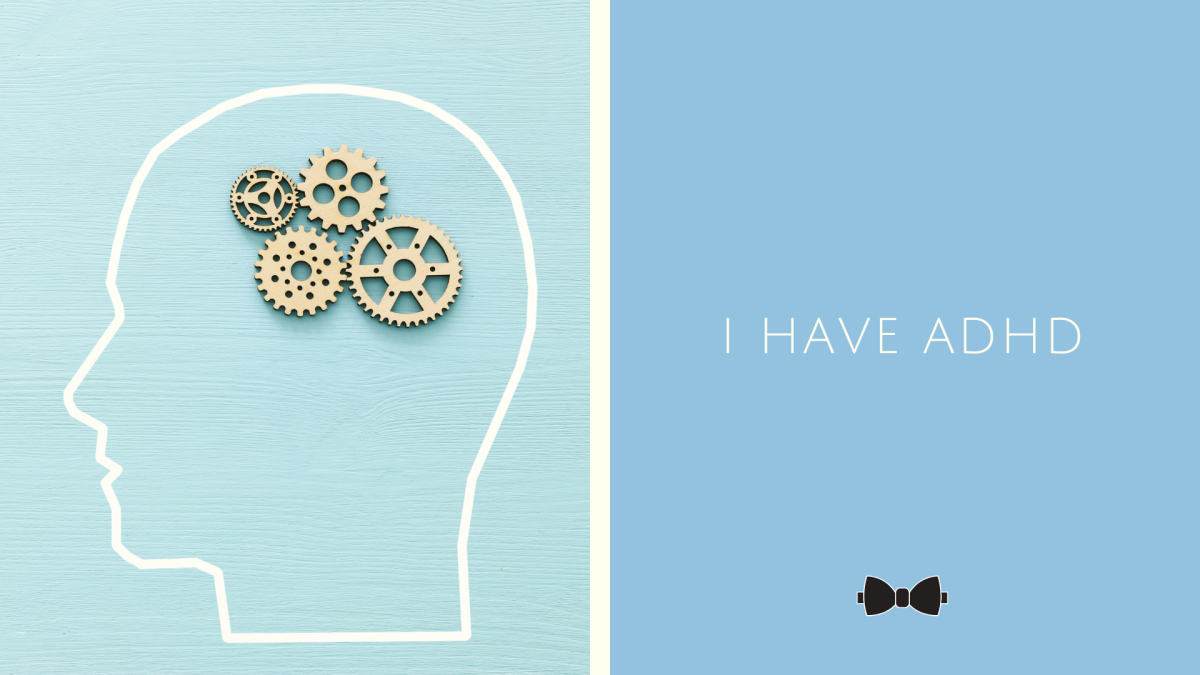Yesterday, after months of wondering and years of overthinking, I received news that’s left me feeling… well, a bit confused.
I have ADHD.
I know. I know what some of you might be thinking. Honestly, if it were someone else writing this and I was reading it, I’d probably be thinking the same thing:
“Oh whatever. Everyone has ADHD these days. It’s no big deal.”
Or maybe something a little more cynical:
“Pfft… you’re just jumping on a bandwagon. Everyone struggles to concentrate sometimes. You just want to slap a label on it.”
And the thing is… there’s an element of truth in both of those reactions.
Yes, it’s true that awareness — and therefore diagnoses — of ADHD among adults is more prevalent these days. In fact, according to NHS England, the number of adults screening positive for ADHD rose by more than 13% in 2024 alone. And yes, it’s also true that everyone finds it hard to concentrate from time to time.
But for me, what makes ADHD different is the degree to which it affects my daily life. My work. My routines. My sense of self.
I can’t count the hours I feel I’ve “wasted” because I couldn’t concentrate. The number of times I’ve done literally anything else instead of the thing I needed to do — because the fog in my brain wouldn’t lift. And it impacts me. It affects how I see myself.
“What if people think I’m just a bit rubbish?”
“What if I lose my job because I’m not as productive as everyone else?”
“What value am I adding to my team if I can’t stay focused?”
“Am I letting people down because I can’t do what I know I need to?”
It’s exhausting.
But it’s not just the focus or concentration. It’s other things too. Things I’ve started to see in a new light.
It’s my loquaciousness — a word anyone who knows me would probably use. I could start and maintain a conversation in an empty room. It’s my vivid imagination — I used to act out full Star Wars scenes in the garden, playing every character myself, complete with scripts I’d write there in the moment. I even won a short story competition at primary school because of the imagination I showed.
It’s my struggle to stay present in meetings — and even sometimes during church services. It’s the way I interrupt people, not to be rude, but because I get so worried I’ll forget what I was going to say. It’s the way I miss what they’re saying in the meantime, because I’m too busy rehearsing my response in my head.
For the longest time, I saw those things as flaws. Things that made me a bit too much. A bit rude. A bit self-absorbed.
And because I did well at school, because I’m not hyperactive, because I didn’t tick the “typical” boxes people look for in childhood — no one, not even me, ever suspected a thing.
So now I’m left trying to make sense of it.
Trying to rethink how I understand ADHD.
Not just what it is — but what it means.
It’s not something only “naughty kids” have. It’s not something that only affects people who struggle academically. I have to challenge my own assumptions, now that I know the truth about myself.
And I have to figure out how to manage it — how to work with the way my brain is wired, instead of constantly working against it.
There’s also a part of me that feels… sad. Regretful, maybe. Not because I dislike my life — I’ve got everything I could ever want: a loving wife, a beautiful home, a great job, an amazing family. But it’s hard not to wonder: what if I’d known sooner? What might have been easier? What could I have done differently, or achieved, or even believed about myself?
So now, I’m going to make myself a cuppa. Put on some jazz. And sit with this for a little while.
It’s not the end of anything.
Just the start of understanding myself a little better.
(Written by me, refined with the help of AI.)

